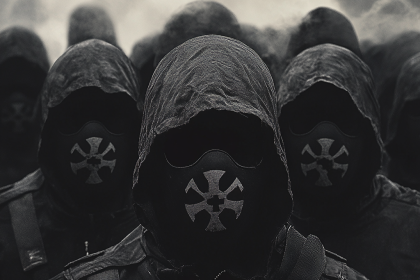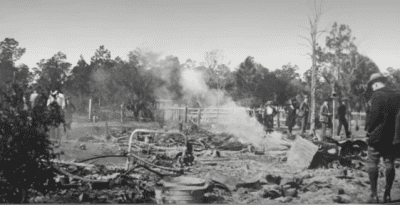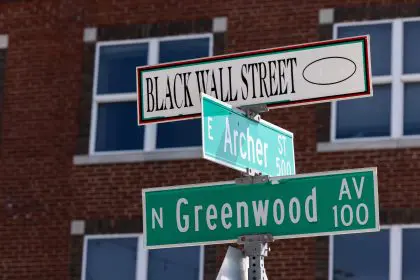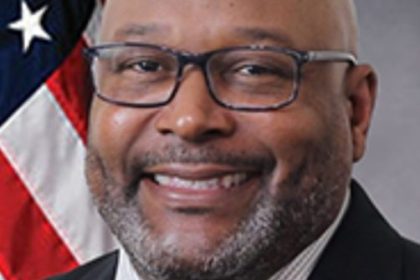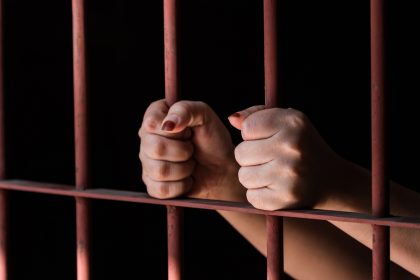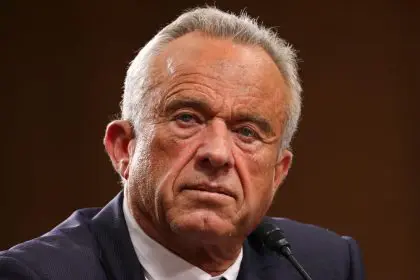
The United Nations’ Working Group of Experts on People of African Descent submitted a report on Monday, Sept. 26 raising concerns about the continued racial terrorism occurring in the United States. Leading human rights lawyers from around the world comprise the panel, which reports to the international organization’s High Commissioner on Human Rights. Its findings point to the continuing link between present incidents and the darkest days of U.S. history.
“In particular, the legacy of colonial history, enslavement, racial subordination and segregation, racial terrorism and racial inequality in the United States remains a serious challenge, as there has been no real commitment to reparations and to truth and reconciliation for people of African descent,” the report stated. “Contemporary police killings and the trauma that they create are reminiscent of the past racial terror of lynching.”
The capture of police violence on cameras across the country, and the release of the images for the world to see, drew strong language from the group. Citing unpunished police officers killing unarmed Black men, the panel warned against “impunity for state violence,” which has created a “human rights crisis” that “must be addressed as a matter of urgency.”
A January fact-finding mission to the United States drew praise for strides taken to make the criminal justice system more equitable, but pointed to a corrosive legacy.
“Despite substantial changes since the end of the enforcement of Jim Crow and the fight for civil rights, ideology ensuring the domination of one group over another, continues to negatively impact the civil, political, economic, social and cultural rights of African Americans today,” the group said in a statement. “The dangerous ideology of white supremacy inhibits social cohesion amongst the US population.”
The report specifically dwells on extrajudicial murders and reparative justice for unpunished violent public acts of racial control and domination in a system of White supremacy.
According to the panel, reparations could come in a variety of forms, including “a formal apology, health initiatives, educational opportunities…psychological rehabilitation, technology transfer and financial support, and debt cancellation.”
Given that the recommendations are nonbinding and unlikely to influence policy in the nation’s capital, despite oft-cited arguments for reparations by journalists such as Ta-Nehisi Coates, would the U.N. be justified to send troops on a peacekeeping mission to intervene?


